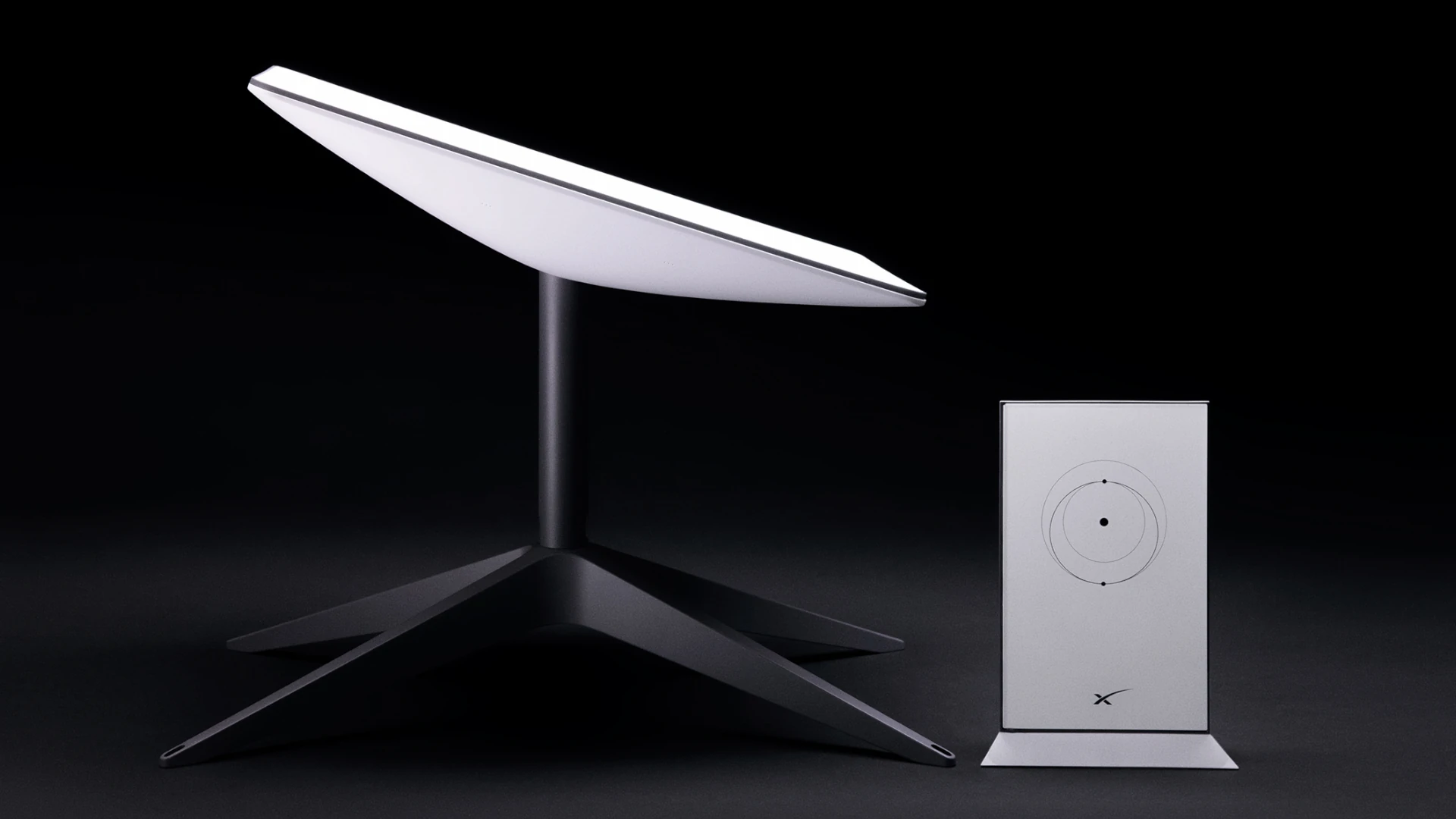Elon Musk's Starlinks buzz in Nigeria: NCC route to balance the competition?
A new hope for internet subscribers in Nigeria?

On Friday, 27th of May 2022, Elon Musk, SpaceX founder kept the world updated on his latest internet service venture, Starlink as he announced a license approval by Nigeria via his Twitter handle. This came about a year after the SpaceX team’s presentation to the Executive Commissioner, Technical Services, Nigerian Communications Commission (NCC), Ubale Maska on 7th May 2021, who stated “NCC will work on the necessary modalities to ensure that it balances the need for the healthy competition via the entry of new technologies and ensure actions taken are anchored on national interest”.
Starlink approved by Nigeria 🇳🇬 & Mozambique 🇲🇿https://t.co/Q1VvqVmJ2i
— Elon Musk (@elonmusk) May 27, 2022
Maska further emphasized the commission’s interest in making necessary regulatory efforts to drive the coverage of rural, unserved, and underserved areas of the country. According to statistics carried out this year, on internet usage in Nigeria, in march, 2022, Nigeria had almost 81 million internet users and has risen to 145.8million users within the same period. With these impressive figures, only 12% of the population enjoys internet services with meaningful connectivity with rural areas lacking behind their urban counterparts in terms of internet connectivity (Alliance for Affordable Internet, A4AI), and 49% (104.9 million) of Nigerians don’t have access to the internet.
An analysis carried out by Surfshark press, in 2020 said,
Nigeria has the least affordable internet globally in comparison to a survey of 85 countries in the world. Internet usage in Nigeria is a nightmare for subscribers who dread running out of data in the middle of an important task.
A truckload of complaints is sent regularly by subscribers to the telecoms regulator, Nigerian Communications Commission (NCC) on how data is being exhausted as quickly as purchased. This problem boils down to the fact that major Internet Service Providers (ISP) and mobile network operators in the country are offering extreme data services.
Also, a news report has it that telecommunication companies in Nigeria are proposing a 40% increase in the cost of calls, SMS, and data to the NCC. According to the Association of Licensed Telecommunication Operators in Nigeria (ALTON), the telecommunication industry has been financially affected by the nation’s economic recession in 2020, and the effect of the ongoing Russia- Ukraine war, resulting in an increase in energy costs, rising operational expenses by 35%.
What this upsurge in prices of internet services means to an average Nigerian trader, student, or small business owner, who has also been affected by the economic recession would be an inclination towards an alternative ISP, Starlink
Starlink's launch would mean the Internet Service Provider will compete against MTN Nigeria, Glo, Airtel, 9mobile, and other ISPs in the market.
With claims by tech companies in Nigeria and SpaceX's reputation in the global market, Starlink may help consolidate and improve connectivity with its potential internet speed, reduce unemployment, facilitate the spread of talent who can get jobs overseas, earn forex and deepen the country’s startup business landscape (the Africa report).
Starlink may very well be the solution to Nigeria’s connectivity woes. Even with the guaranteed connectivity, users of this ISP will no longer have to deal with connectivity issues as it margins out other Internet Service Providers in the market.
Starlink may fix the connectivity woes, but it is easily priced out. With a regular Starlink equipment capped at $599 (about N250,000), shipping and monthly subscription cost of $60 (about N25,000) and $99 (about N41,000) respectively. A price easily margined out to other ISPs, there is a slim possibility of Nigerians adopting the service on a large scale.